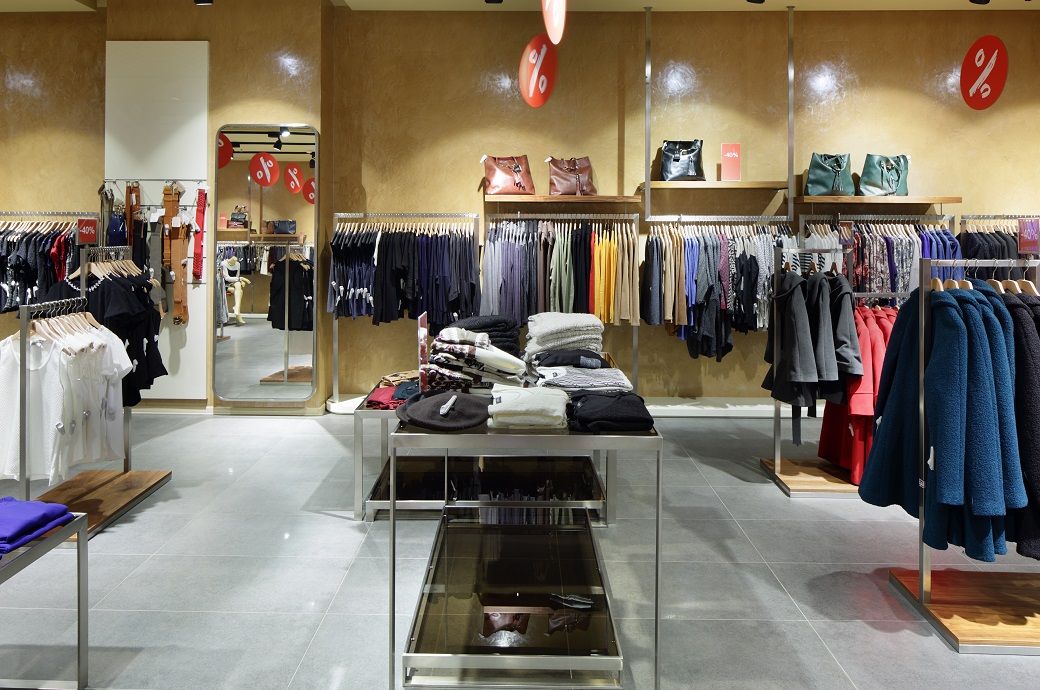In today's consumer-driven world, the demand for specialty consumer goods is on the rise. These products cater to niche markets and offer unique features, craftsmanship, and experiences that set them apart from mainstream offerings. From luxury fashion and gourmet food to artisanal crafts and limited-edition collectibles, specialty consumer goods have captured the attention of discerning consumers seeking exclusivity and personalization. In this article, we will delve into the fascinating realm of specialty consumer goods, exploring their characteristics, market trends, and the reasons behind their growing popularity.
- Defining Specialty Consumer Goods:
Specialty consumer goods encompass a wide range of products that are distinct from mass-produced items. They are often characterized by their exceptional quality, craftsmanship, and attention to detail. These goods are designed to cater to specific consumer preferences, offering unique features, customization options, or limited availability. Examples include handmade leather goods, organic skincare products, vintage watches, and designer furniture. - The Appeal of Specialty Consumer Goods:
2.1 Exclusivity and Personalization:
One of the primary reasons consumers are drawn to specialty goods is the sense of exclusivity they provide. Limited production runs, unique designs, and personalized options allow individuals to express their individuality and stand out from the crowd. Whether it's a custom-made piece of jewelry or a bespoke tailored suit, specialty consumer goods offer a level of personalization that mass-produced items cannot match.
2.2 Superior Quality and Craftsmanship:
Specialty consumer goods are often crafted with meticulous attention to detail and a focus on quality. Artisans and skilled craftsmen pour their expertise into creating these products, resulting in superior craftsmanship and durability. Consumers value the longevity and authenticity of specialty goods, knowing that they are investing in products that will last and retain their value over time.
2.3 Unique Experiences and Stories:
Many specialty consumer goods come with a rich history, cultural significance, or unique narrative. For example, a handwoven rug may carry the traditions and stories of a particular region, while a limited-edition artwork may represent a pivotal moment in an artist's career. These products offer consumers the opportunity to connect with something beyond the physical item, creating a sense of emotional attachment and enhancing the overall experience of ownership.
- Market Trends and Opportunities:
3.1 E-commerce and Global Reach:
The rise of e-commerce has significantly contributed to the growth of specialty consumer goods. Online platforms provide a global marketplace for artisans and specialty brands to showcase their products to a wider audience. This accessibility has opened up new opportunities for small-scale producers, enabling them to reach customers worldwide and bypass traditional distribution channels.
3.2 Sustainability and Ethical Consumption:
As consumers become more conscious of their environmental impact, there is a growing demand for sustainable and ethically produced goods. Specialty consumer goods often align with these values, as they are frequently crafted using eco-friendly materials, traditional production methods, and fair trade practices. This emphasis on sustainability appeals to consumers seeking products that are not only unique but also socially and environmentally responsible.
3.3 Collaborations and Limited Editions:
Collaborations between specialty brands and mainstream retailers have become increasingly popular. These partnerships allow specialty consumer goods to reach a broader customer base while maintaining their exclusivity. Limited-edition releases and collaborations generate excitement and a sense of urgency among consumers, driving demand and creating a sense of collectibility.
Conclusion:
Specialty consumer goods offer a world of exquisite and unique products that cater to the desires of discerning consumers. With their emphasis on exclusivity, superior quality, personalization, and unique experiences, these goods have captured the attention of individuals seeking more than just functional items. As the market continues to evolve, specialty consumer goods are likely to thrive, providing consumers with a gateway to exceptional craftsmanship, individuality, and storytelling.

